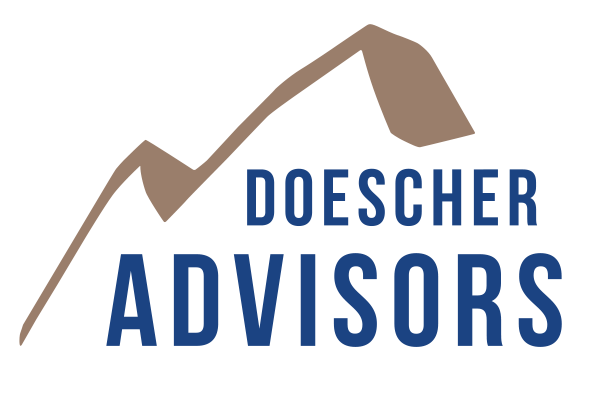Our Blog
The Real Story Behind “Moneyball”

Tom Doescher
The other day I met with a client who shared information about recent discussions he had had with his team about bidding on new work. He believed the team was more focused on landing the project (top-line focused) than on the profitability. This is a common issue experienced by many businesses, and I was totally following him until he used the word “heuristics.” I made him repeat himself three times (he probably thinks I have a hearing problem), and then I asked him to spell it. To my knowledge, I had never seen or heard this word before. Later he sent me a September 27, 1974, article from the publication Science entitled “Judgment Under Uncertainty: Heuristics and Biases,” written by Amos Tversky and Daniel Kahneman. (Yes, this was over 40 years ago!)
I started reading the article, which my client said was a “little” heavy. Actually, it was really heavy; in fact, it caused me to relive the pain of my college statistics class. The good news is that he also recommended I read The Undoing Project by Michael Lewis, the famous author of three books that became successful movies, including Moneyball. I would be willing to bet that most of my readers are very familiar with the subject explored in Moneyball, which is a great story about the phenomenal success of Major League Baseball’s Oakland A’s that resulted after the cash-poor team changed its selection criteria for baseball players from decades-old traditional methods.
In the introduction of his new book, Lewis cites a very damning book review written by University of Chicago economist Richard Thaler and law professor Cass Sunstein about his original book, and quotes Thaler and Sunstein’s assessment: “… the author of Moneyball did not seem to realize the deeper reason for the inefficiencies in the market for baseball players: They sprang directly from the inner workings of the human mind.” Lewis goes on to explain that the ways in which some baseball experts might misjudge baseball players— the ways in which any expert’s judgments might be warped by the expert’s own mind — had been described years ago by a pair of Israeli psychologists, Daniel Kahneman and Amos Tversky. Lewis says: “My book wasn’t original. It was simply an illustration of ideas that had been floating around for decades and had yet to be fully appreciated by, among others, me.”
It reminds me of what King Solomon said in Ecclesiastes: “… there is nothing new under the sun.”
I will stop there and, in my next blog, I’ll attempt to summarize The Undoing Project, which does a wonderful job of explaining and providing practical examples of the dangers of heuristic decision-making. As I read Lewis’s examples, my ears were ringing, recalling situations in the past where I may have made business decisions that weren’t grounded in adequate objective data.
